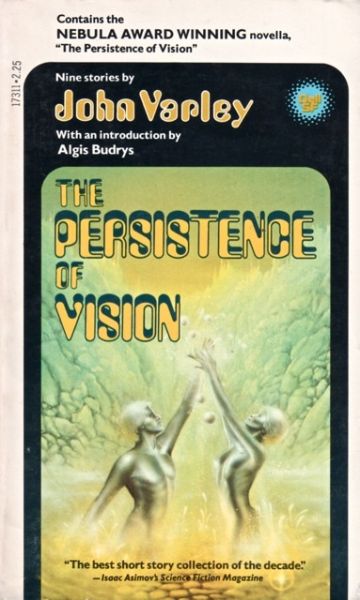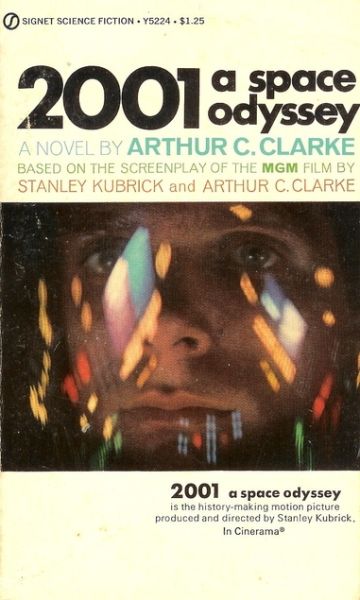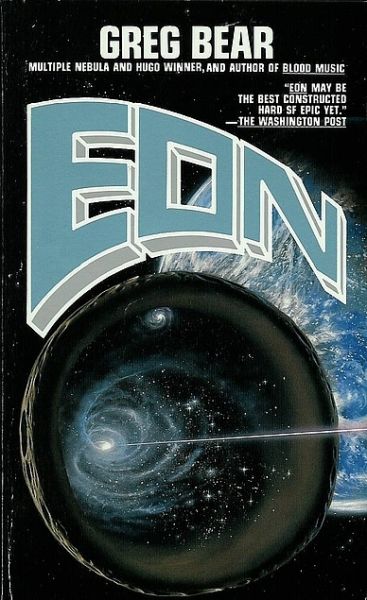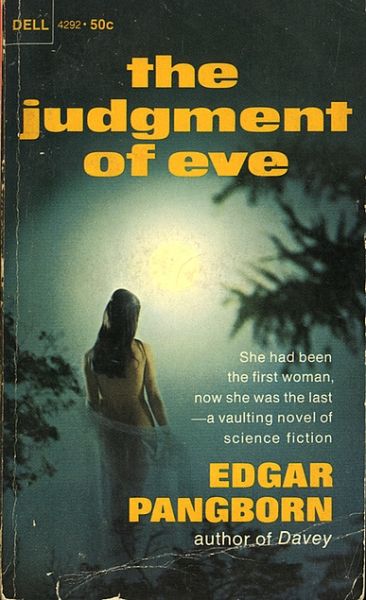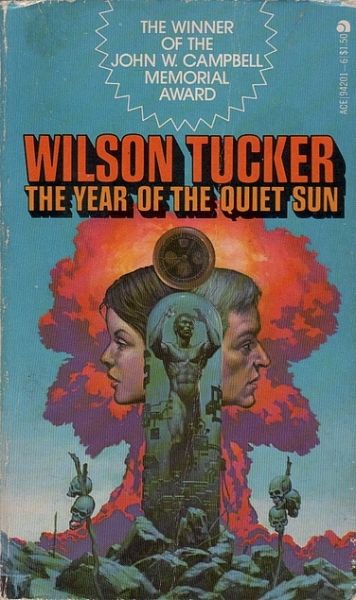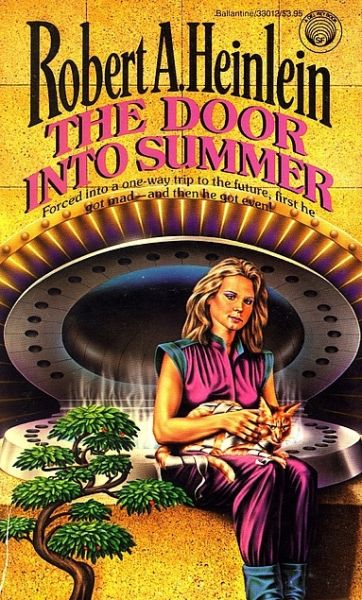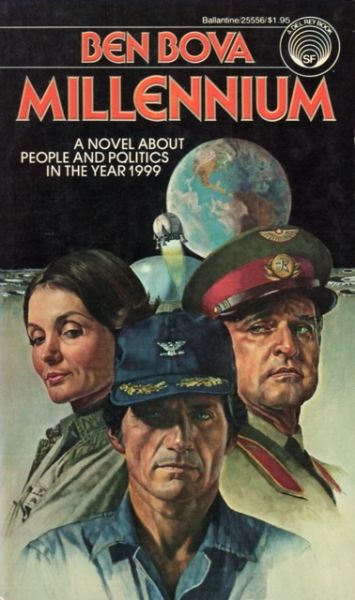The Year of the Quiet Sun
Wilson Tucker
Ace, 1970
252 pages
A note on the cover art of the edition I have [copyright 1970 but priced $1.95 so somewhat later]: I think it is an early Whelan but there’s no credit and if there was a signature on the cover art, it’s been cropped. Minor peeve: it gives away a plot point not hinted at until page 129, I think and not made explicit until the end of the book. Bah.
I don’t think I much cared for this in the ’70s. Too depressing. I still bought a lot of Tucker’s books because in the 1970s one could not be too choosy as the current variety didn’t exist. Tucker, near as I can tell, stopped writing professionally a long time ago and it is a damn shame: The Year of the Quiet Sun has held up well in the last thirty years and even though the future it shows never happened, that doesn’t matter. This is a fine book.
I think the reason I can hammer through these books so quickly is that the language is lean and functional. Even the Silverberg I have in the stack which is his attempt to show he has literary chops, is only about 80,000 words and while the introduction says it meanders, I bet it won’t be anything like the bloated monsters published today. No room. Tucker has less than three hundred pages to make his points and he uses all of them. Probably no market for this kind of writing today. Customers want big, padded bus-crushers that make them feel they are getting value for their nine bucks.
The Year of the Quiet Sun is nominally set in the late 1970s. The Bureau of Standards has a time machine. They recruit Brian Chaney, a futurologist, among other things [He’s in deep hot water for finding and translating a bit of midrash on which the Book of Revelations was clearly based] and two other men to use the Time Displacement Vehicle to explore the next thirty years.
Even by 1978, it’s clear that this TL has diverged from ours significantly: the war in South East Asia has continued and been escalated, the Chinese are involved and a small exchange of nuclear warheads has occurred: one kiloton nuke from the Chinese and two megaton nukes in retaliation. The H‑Bomb strikes are classified: nobody in the US is supposed to know about them. Again, a book of its time: parallels are there with Korea and the bombing of Cambodia.
If the classification has worked, the only people ignorant of the H‑Bombs are the civilians: nuclear bombs have distinctive signatures and scientists the world over must have known and been compelled to keep quiet.
President Meeks, a weak and self serving man, orders the first probe to be to 1980, to see if he will be re-elected. The three men are originally intended to arrive at about the same time. Instead, Chaney arrives first and heads off to Chicago where he discovers the city is divided by a wall built by black rioters. He does some library research into the riot and returns to the base. The other two pursued their own interests, discovering that the Joint Chiefs of Staff attempted a coup which was foiled by suspiciously well prepared FBI. It is suggested that the obvious source for the information was the time travellers.
An amusing note: there’s a plain reference to an “old actor” who ran and lost in the 1980 election.
Cheney is disheartened to discover that the woman who recruited him, Katrina, will marry one of the other researchers, Saltus.
The next set of trips will be to 4 July 1999, 24 November 2000 and the last, Chaney’s trip, sometime after 2000 as Cheney does not care.
The first trip ends disastrously: the military man, Moresby, has landed in the middle of a war zone. A group known as Ramjets is attacking the base and has called in a nuclear strike on Chicago. He never gets the news back, dying in a skirmish with the Ramjets. He discovers before he dies that the Ramjets are black revolutionaries in league with China.
The second trip is more successful: Saltus gets home to Katrina. He discovers a little more about the events of 1999 and is nearly killed in a chance encounter with Ramjets.
Chaney arrives well past the year 2000. He explores the area, startling a white family outside the base fence. As soon as they see him, they flee. Soon after he find a grave which he believes belongs to either Saltus or Katrina. Two people approach; they are Arthur and and Kathryn, the children of Saltus and Katrina and the family has been waiting for him since civilization collapsed.
He meets with Katrina, now old. She gives him the disastrous history of the late 20th century, ending in a civilization leveling global war. She explains who the Ramjets were, and why the family fled: Chaney is black and no surviving white family will risk trusting a black man. Worse, Chaney never return home: the TDV has been sent beyond the ability of the people back home to retrieve him and he is marooned after the fall.
This was a surprisingly effective book. The romance is a few pages but conveys the events of 40-odd years. Chaney’s disappointment at his predestined failure to woo Katrina is well communicated but not sappy. The unstoppable stupidity which ends civilization seems credible, given a state of overt internal and external war lasting almost half a century. This is a world which makes pretty much all of the wrong choices. It is hard to come up a cogent review that communicates how good this book is but it is very good and people should look for their own copies.
Read more ➤
